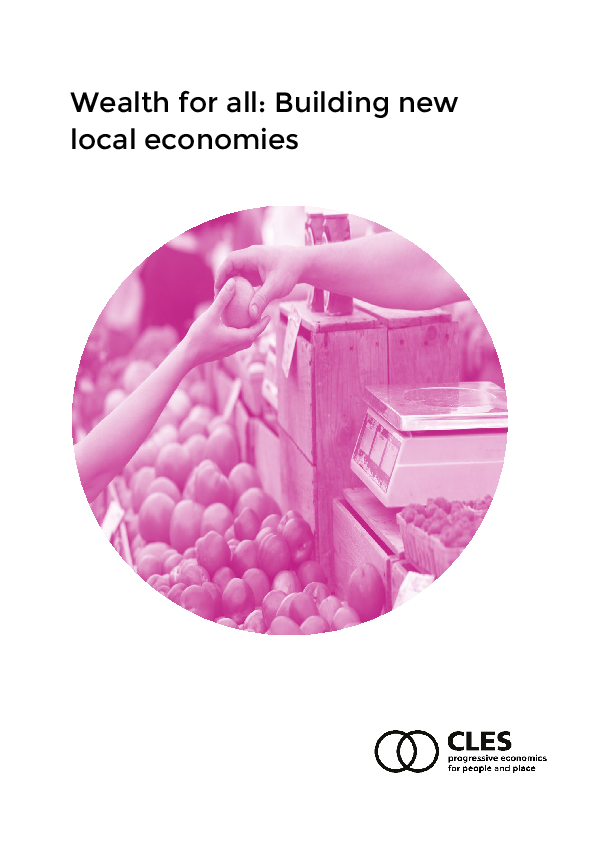To make the change, be the change
To mark International Women’s Day 2021, CLES researcher Eleanor Radcliffe shares her thoughts on the lot of women in the time of Covid-19, representation in local government and the seeds of hope to be found in new approaches.
A lot has changed since International Women’s Day 2020, but sadly not much for the better. The Covid-19 pandemic has exposed and deepened the inequalities already present within our economy, disproportionately impacting women. Worse yet, not everyone has fared equally. The poorest, disabled, lone parents, young, and black and minority ethnic women have been particularly negatively affected. The impact for working mothers has been significant, with the realities of home working compounded by the challenges of home school and providing more unpaid care. Mothers have spent two-thirds more time on childcare than fathers, and those on the lowest incomes are nine times more at risk of losing jobs due to school closures. Our society is reversing progress on the emancipation of women and non-binary people, and to make the change we need in these areas, we need to be the change.
“the budget did little to truly tackle the systemic inequalities which affect women”
The government’s spring budget was an opportunity to begin to address the disproportionate impact on women as a result of the pandemic. However, as the Women’s Budget Group have examined in depth, the budget did little to truly tackle the systemic inequalities which affect women. These include the questions of:






